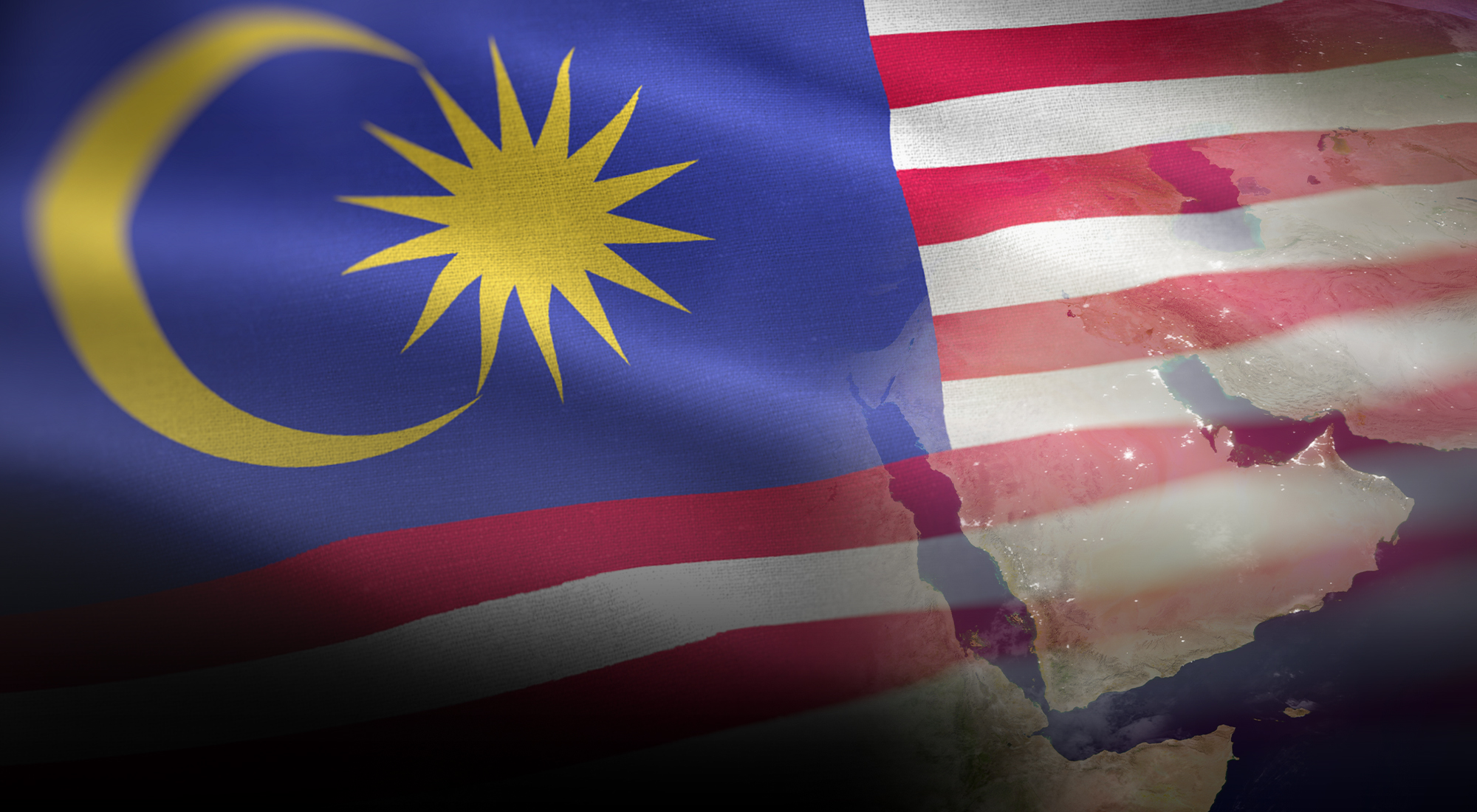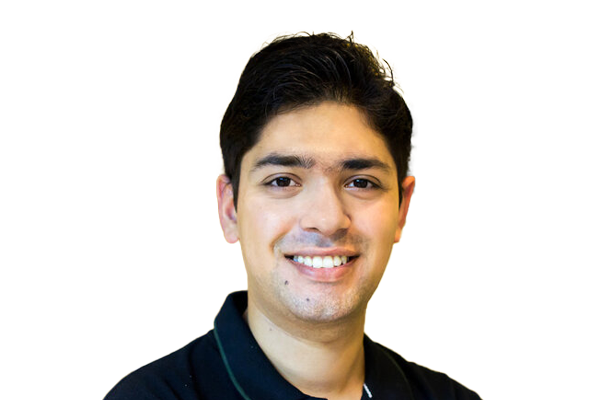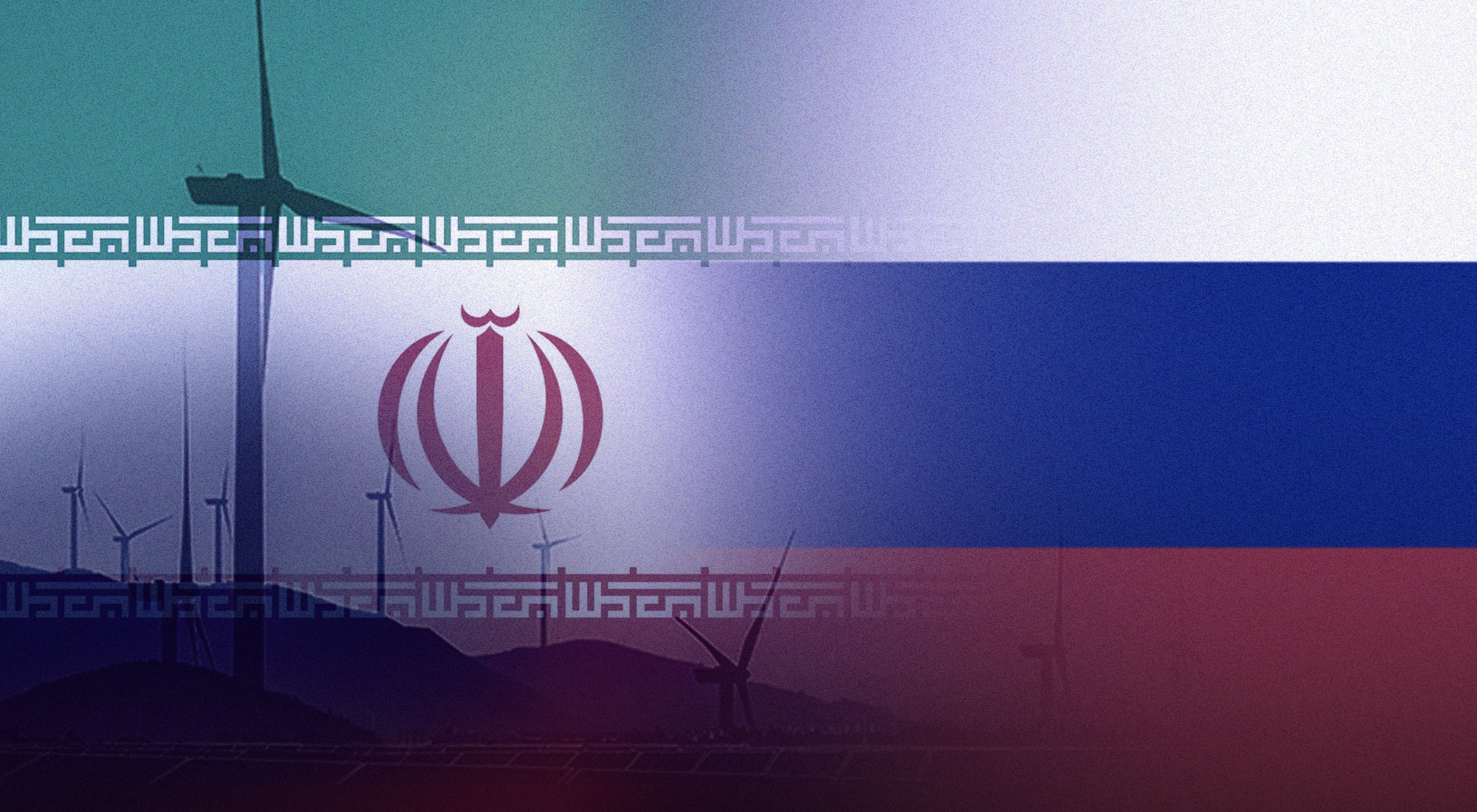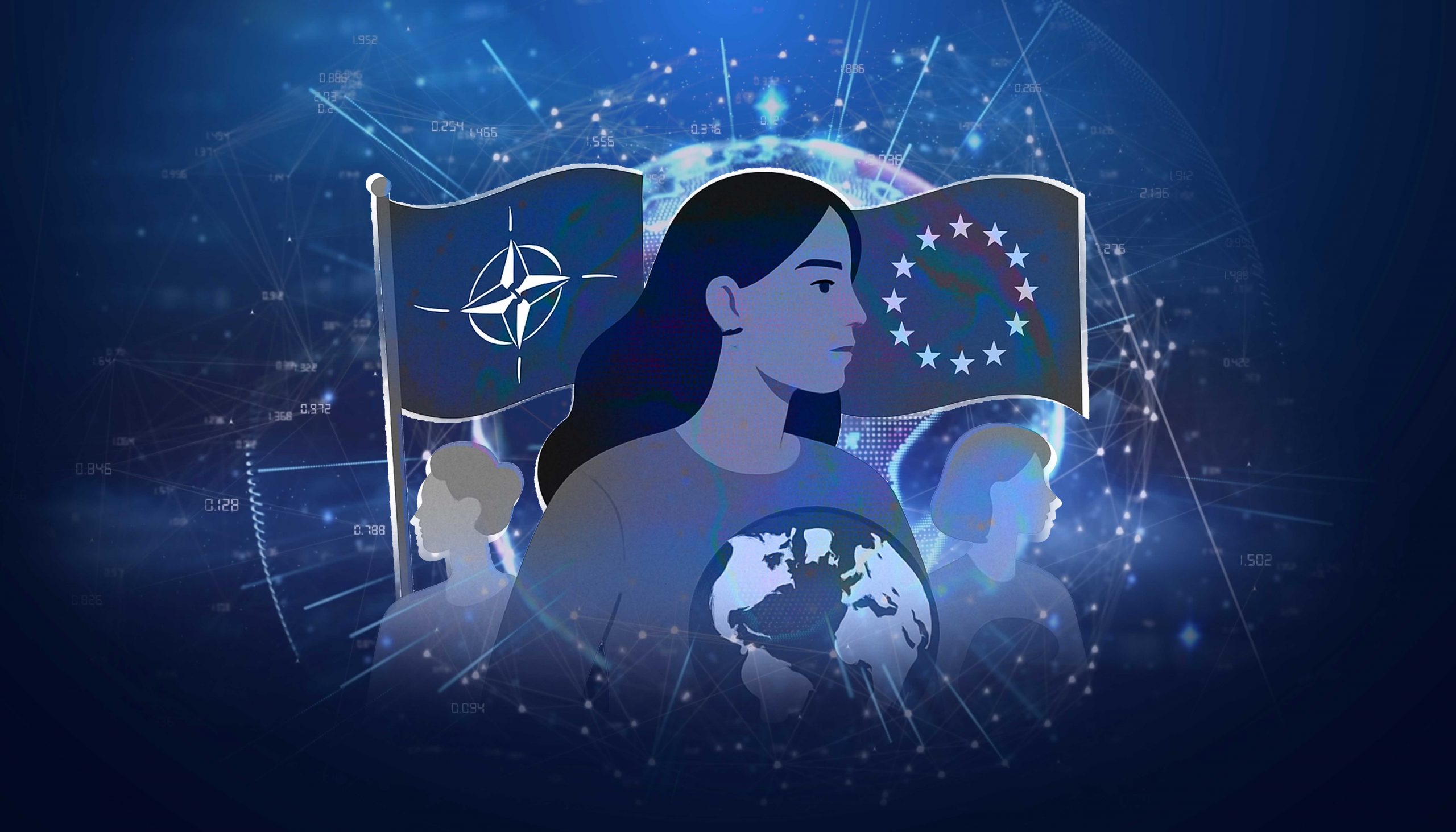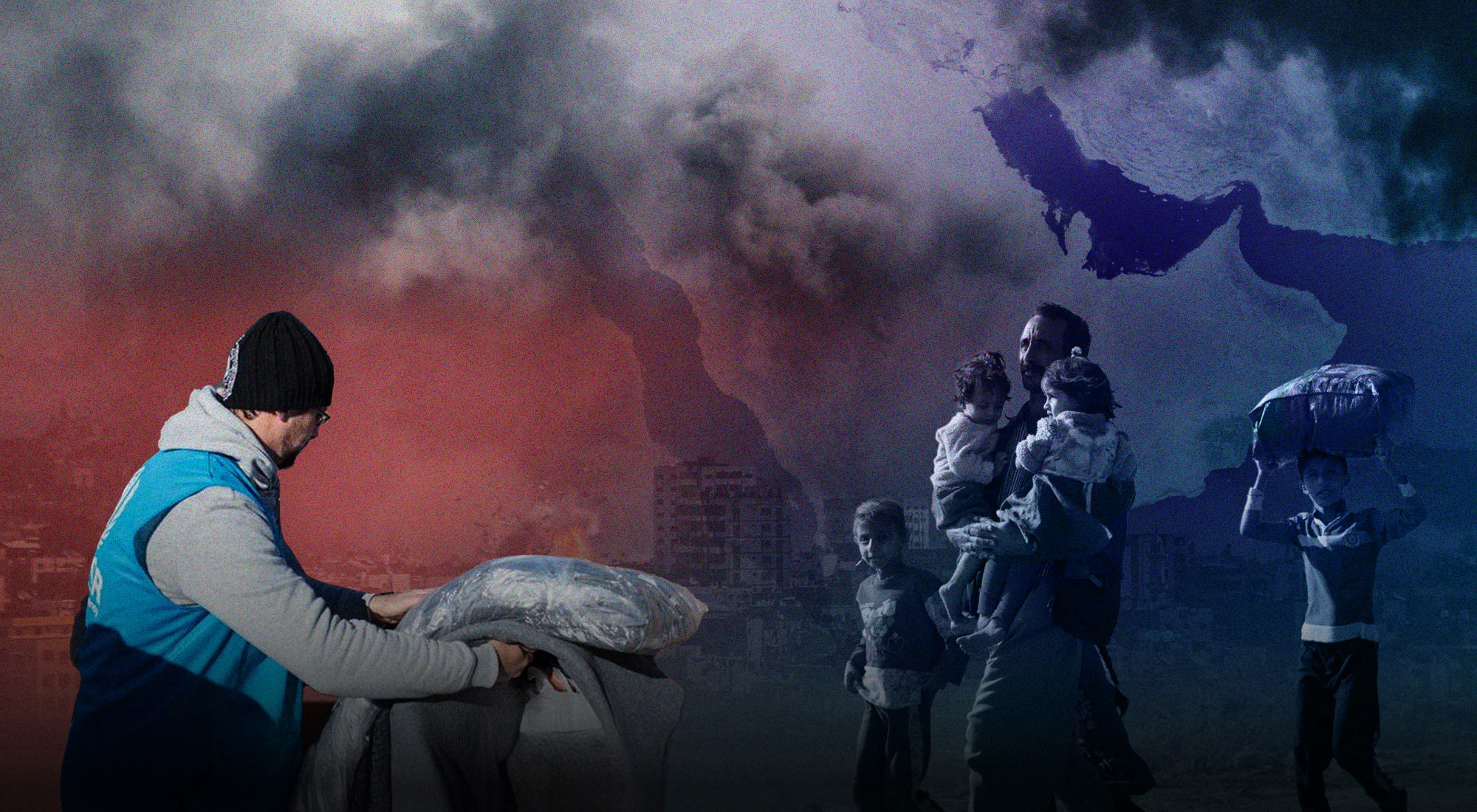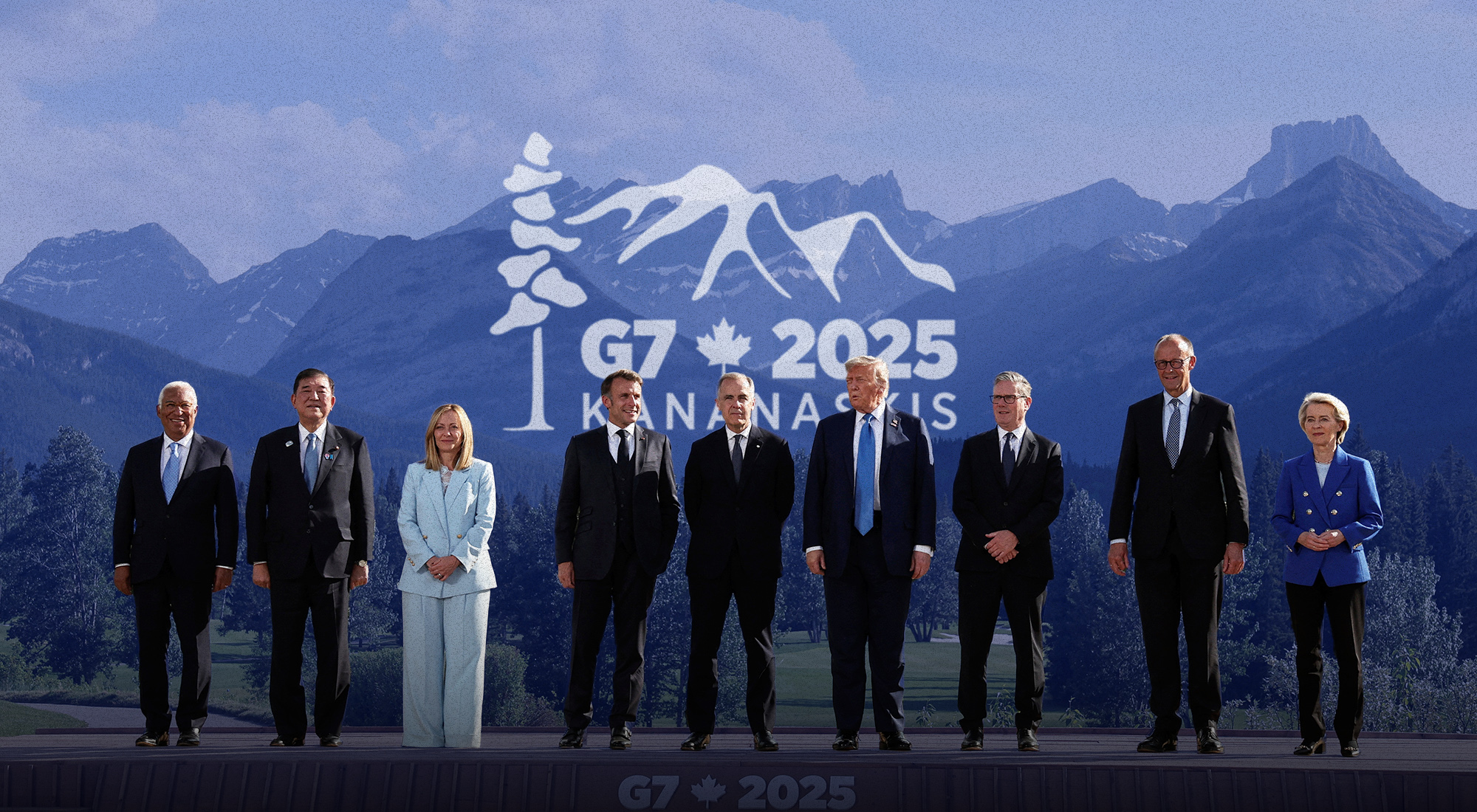On November 19, 2022, after two years of unprecedented political turmoil, which saw three prime ministers in less than eighteen months, Malaysians went to the polls to determine which coalition would be given a new five-year term to govern the Southeast Asian nation. The Pakatan Harapan (PH) coalition, led by long-time prime ministerial contender Anwar Ibrahim’s political party, the People’s Justice Party (PKR), emerged as the single largest alliance, winning 82 parliamentary seats in the election – more than any other political bloc, but far short of the 112 required to form a government. The country witnessed its first hung parliament. This prompted the Malaysian monarch Al-Sultan Abdullah to intervene, and after much consultation and deliberation, including five days of intense wheeling and dealing among the various blocs, the monarch was able to negotiate an alliance between the PH and United Malays National Organization (UMNO)-led Barisan National (BN) alliance, with Anwar Ibrahim assuming power as the 10th Prime Minister (PM) of Malaysia.
The elections took place against the backdrop of a struggling Malaysian economy due to the repercussions of the COVID-19 pandemic, which disrupted essential businesses and industries and compelled policymakers to focus on reviving and fixing the economy. While most of the debates and discussions surrounding the elections and its aftermath have been focused on domestic issues, observers in the outside world, particularly the Middle East, including the Gulf Cooperation Council (GCC) member states, were closely watching the elections as each party and potential PM candidate, including the incumbent PM Anwar Ibrahim, came with their ideological impulses and approach in dealing with foreign policy issues, particularly those pertaining to the Middle East region.
Since the 1950s, Malaysia has had friendly relations with the Gulf states, which are a significant source of financial support and tourist-related income for Malaysia.[1] The Kingdom of Saudi Arabia approved numerous loans to the Southeast Asian nation during its industrial modernization phase under PM Mahathir Mohammed.[2] The year 2019 saw 309,224 GCC visitors arrive in Malaysia. This amounted to 3.2 billion Malaysian ringgit in tourism revenue that year, representing the highest per capita expenditure compared to other visitors to Malaysia.[3] The high volume of GCC visitors to Malaysia can be attributed to an extensive public relations project by the Malaysian government, which has focused on the GCC as a lucrative market, branding itself as a Muslim-friendly vacation and education destination by referring to Malaysia as “the leader in the world’s halal industry”.[4] The Islamic Tourism Center of the Malaysian Ministry of Tourism, Arts, and Culture has used visuals of prominent mosques and Islamic museums as the centerpiece of its advertising campaigns.[5]
When the Malaysian economy, which was already in shambles due to a political crisis, hit rock bottom due to the COVID-19 pandemic, it was Saudi Arabia and the United Arab Emirates (UAE) that came to Malaysia’s aid with crucial COVID-19-related assistance. One million doses of the AstraZeneca vaccine and other medical equipment were included in a $5 million Saudi aid package for Malaysia.[6] The UAE also contributed one million Sinopharm vaccine doses and 20,000 antigen rapid test kits.[7] A memorandum of understanding (MOU) on palm oil exports between Malaysia and Saudi Arabia,[8] which later led to the Malaysian Ministry of Plantation Industries and Commodities opening a Commodities Integration Marketing Company (CIMC) office in Jeddah,[9] also echoed the previous administration’s foreign policy document, which prioritized the palm oil industry as a part of bolstering Malaysia’s overseas exports.[10]
While a significant portion of media coverage of the Malaysian elections referred to Anwar’s PH alliance as a “moderate” and “inclusive” coalition in contrast to the “conservative” and “Islamist” Perikatan Nasional (PN) alliance – made up of the Parti Islam Se-Malaysia (PAS) and the Malaysian United Indigenous Party (BERSATU), the party of the former PM Muhyiddin Yasin – it should be noted that both PM Anwar and many of his coalition partners, such as Mohammed Sabu, have an Islamist political background.
Anwar Ibrahim, whose political career can best be described as a series of dichotomies and events full of struggles that eventually saw him assume his long-held ambition of becoming PM, served in several cabinet positions – including as Deputy Prime Minister (DPM) before being dismissed by the UMNO – and began his political career as the leader of the Muslim Youth Movement of Malaysia (ABIM), a primary student-led religious organization inspired by the Muslim Brotherhood in Egypt.
The Muslim Brotherhood’s organizational structure and ideology served as the central model for ABIM. This included the use of various da`wah (an act denoting the propagation of Islam) methods that are central to the Muslim Brotherhood’s modus operandi, such as initiatives to foster tawhid (theology), akhlaq (morality), and fikrah (thought).[11] These tenets are critical to the Muslim Brotherhood’s populist discourse to garner legitimacy from the intended audiences.[12] In a speech at the fourth ABIM annual assembly in 1975, Anwar Ibrahim championed for da`wah as one of ABIM’s central objectives, citing Quranic verses to support his position.[13] Anwar based his understanding of da`wah on the late Sayyid Qutb, a leading member of the Muslim Brotherhood, who divided the Muslim community into two groups: those who were Jahiliyyah (ignorant) and those who tried to follow Islam as a way of life.[14]
In terms of organizational structure, the Muslim Brotherhood in Egypt inspired ABIM’s leadership styles, succession models, and networking styles. This can be observed in the ABIM Shura council, which is based on the Muslim Brotherhood’s General Consultative Council (Majlis Shura al-am), the ABIM cadre training program called Tamrin Kader, which is based on Muslim Brotherhood founder Hassan Al-Banna’s methods of teaching and mentoring during the early years of the Muslim Brotherhood, and the ABIM Usrah network, which is another concept borrowed from the Muslim Brotherhood and literally means ‘family’.
The 1979 Ayatollah Khomeini-led revolution in Iran greatly inspired ABIM, which was then led by Anwar Ibrahim. The revolution, widely perceived in Malaysia as an Islamic victory over the Western-backed regime of Shah Reza Pahlavi, won the praise of many ABIM leaders, who commended the commitment of Iranian ‘revolutionaries’ to Islam.[15] Soon after the revolution, Anwar Ibrahim led an ABIM delegation to Iran to meet Khomeini. Upon his return, Anwar called for an “Iranian Liberation and Solidarity Day” to be observed on March 16.[16]
Later, after leaving ABIM and joining UMNO, Anwar Ibrahim contradicted many of his earlier positions, including his criticism of the government’s Look East policy, claiming that countries such as Japan and South Korea were secular capitalist states that should not serve as models for a Muslim country such as Malaysia.[17]
Anwar squelched some of his past Islamist and Malay nationalist tendencies after his dismissal by the UMNO, which would later be followed by convictions and imprisonments under the controversial Internal Security Act (ISA) on charges of corruption and sexual misconduct, condemned in the international community as politically motivated.[18] Subsequently, he launched the Reformasi movement, which called for an array of social, political, and economic reforms. He later founded the PKR, a multi-racial political party, and advocated for a “moderate” and “compassionate” form of Islam, in contrast to the conservative religious discourses that have dominated Malaysian politics for several years.[19]
Apart from Anwar Ibrahim, another member of his coalition, Mohammed Sabu, who was appointed as Minister of Agriculture and Food Security in the new cabinet – now the President of Parti Amanah Negara (AMANAH) – and was a member of the PAS at the time, also used Ayatollah Khomeini’s revolutionary rhetoric in his public speeches, referring to the United States as the “Great Satan”.[20] Sabu served as Minister of Defence in the previous PH government, during which he made a controversial state visit to Iran.[21] In September 2022, Sabu attended the International Conference of the Call of Al-Aqsa in the Shiite holy city of Karbala, Iraq.[22] The visit came at a time when Iraq was roiled by protests against the ruling state apparatus, with protesters demanding an end to Iranian meddling in Iraqi affairs and respect for the Iraqi people’s election mandate.[23]
During the previous twenty-two-month PH government under PM Mahathir Mohammed, the government prioritized strengthening ties with Iran and Turkey, which was primarily driven by Mahathir’s own ideologically motivated ambition of portraying himself as a global leader of the “Muslim Ummah“. As PM, Mahathir made widely publicized working trips to Turkey and Qatar, but unlike his predecessors, he did not visit Saudi Arabia despite a formal invitation.[24] On numerous occasions, Mahathir criticized the US-led Western sanctions against Iran, claiming that Malaysia was losing out on massive business.[25] He also hosted the contentious Kuala Lumpur summit, which sought to position itself as an alternative Islamic forum to the Jeddah-based Organization of Islamic Cooperation.[26] Although the Kuala Lumpur Summit and Mahathir’s other transnational initiatives, such as forming an “Islamic axis” along with Turkey and Pakistan,[27] diminished in its infancy with Mahathir’s resignation as PM, the entire series of events did cause a brief schism in Malaysia-GCC ties.
Turkish President Recep Tayyip Erdogan was the first foreign head of state to call Anwar Ibrahim after the latter was formally sworn in as the new PM of a unity government. Anwar received the congratulatory phone call from Erdogan while he was holding a press conference. Anwar, who put the phone on speaker so that the entire press corps could hear, thanked Erdogan and said: “You are inspiring, and you have stood by us as a good brother in difficult times.”[28] This public exchange of pleasantries with Erdogan was followed by a similar conversation with Ismail Haniyeh, the head of the Hamas Political Bureau, when the two had a brief video conference, parts of which were posted online.[29] Anwar’s decision to make his conversation with Haniyeh public[30] before formally speaking to Mahmood Abbas, the internationally recognized President of the Palestinian Authority, might have ruffled some feathers in the Middle East and may not have been appreciated by President Abbas, who has previously criticized Malaysia for its diplomatic engagements with Hamas.[31]
A few months prior to the elections, Anwar Ibrahim had met with the Iranian Ambassador to Malaysia, Ali Ashgar Mohammadi, where the two “touched on [the] contemporary situation in Malaysia and Iran, including geopolitical challenges facing Southeast Asia and West Asia” and “dissected the rise of [the] multipolar bloc within the context of world order, aside from the bilateral relations shared by both countries,” according to a Twitter post by Anwar Ibrahim.[32]
As part of a political compromise with their former political adversaries – the UMNO – Anwar’s PH coalition was compelled to allocate several cabinet positions to members of the BN coalition, despite the latter winning only 30 parliamentary seats (their worst electoral performance in history). This includes departments like the Ministry of Defense (MOD), the Ministry of International Trade and Industry (MITI), and the Ministry of Foreign Affairs (MOFA). Given the internal situation in Malaysia, where domestic issues like corruption, unemployment and other economic challenges, combined with religious and ethnic polarization, were the main talking point prior to elections, departments like the Ministry of Finance (which Anwar Ibrahim assigned to himself) and Home Ministry are viewed as the more sought-after positions. For this reason, the MOFA, MOD, and MITI were all given to UMNO appointees this time. This is unlike the previous coalition under PM Ismail Sabri, where these three cabinet ministries that dealt with external affairs were allocated among different party members (in Sabri’s cabinet, while the MOD minister was a UMNO appointee, both the MOFA and MITI ministers belonged to the BERSATU).
A historical analysis of Malaysian foreign policy would demonstrate that, from King Faisal’s historic visit to Malaysia in 1970 through the 61 years of BN rule in Malaysia, until their downfall in 2018, UMNO-led governments prioritized close and cordial relations with GCC member states, particularly Saudi Arabia. Following the overthrow of Yemen’s internationally recognized government by Iran-backed Houthi militias, Malaysia, despite disapproval from certain segments of its opposition and media, provided political and military support to the Saudi-led coalition by supplying personnel and equipment to Riyadh to aid in humanitarian and evacuation operations.[33] In 2017, Saudi King Salman paid a landmark visit to Malaysia, which drew widespread attention in Southeast Asian media and academia.[34]
Indeed, following a period of tense ties under PM Mahathir Mohammed’s administration, successive governments led by PM Muhyiddin Yasin and Ismail Sabri prioritized mending strained ties with Saudi Arabia, much of which was driven by ex-foreign minister (FM) and defense minister Hishammuddin Hussein, who paid multiple visits to Saudi Arabia and the UAE when serving in the cabinet. Even though Hishammuddin – who, after the elections, reiterated his earlier position that he would not cooperate with the PH government[35] – will not serve in either of the two cabinets, having UMNO appointees in the three crucial ministries that handle external affairs will instill confidence among the GCC nations that, even with Anwar Ibrahim at the helm of affairs, the likelihood of a repeat of the Mahathir episode would be significantly lowered.
The new UMNO MITI minister Tengku Zafrul’s visit to the UAE just days after taking office may have strengthened this assurance, where Petronas, the state-owned oil and gas firm of Malaysia, signed a landmark agreement with Abu Dhabi National Oil Company for the exploration and evaluation of Abu Dhabi’s first-ever onshore unconventional oil block.[36] The UAE President, Sheikh Mohamed bin Zayed Al-Nahyan and the Malaysian Monarch Al-Sultan Abdullah were both present during the signing ceremony, which added to the agreement’s significance. The agreement with the UAE, which was approved by PM Anwar Ibrahim immediately after he showed ‘open affection’ to Erdogan and Haniyeh, suggests that the GCC member states will not be passive observers of the shifting power dynamics in Malaysian politics.[37]
It remains to be seen whether Anwar Ibrahim, as PM, will continue Mahathir’s approach of challenging the norms that govern Malaysia’s Middle East policy. It should be noted that, unlike the twenty-two months under Mahathir, post-pandemic Malaysia faces numerous economic challenges, including securing international support to combat the repercussions of the pandemic and revitalizing its tourism industry. This presents an opportunity for GCC member states, particularly Saudi Arabia and the UAE, to capitalize on opportunities in post-pandemic Malaysia, where Malaysian economic interests directly correspond to warmer relations with the GCC.
Revitalizing tourism cooperation, especially in light of Saudi Arabia’s Vision 2030, in which the oil-rich Kingdom aims to bolster its tourism industry by attracting millions of visitors and generate an alternate economic revenue model, would benefit both the Kingdom and Malaysia – the former would learn from a Muslim-majority country like Malaysia with significant expertise in tourism, while the latter would revive its hospitality and tourism industry, which suffered due to the pandemic. An immediate visit to Saudi Arabia and the UAE by PM Anwar Ibrahim, similar to ex-premier Muhyiddin Yasin’s visit to the two countries immediately after assuming power, would set the stage for smoother working ties.
As a result, PM Anwar Ibrahim, given the changing power shifts domestically within Malaysia and regionally in the Middle East and beyond, would have to choose between economic pragmatism and a Mahathir-like ideological approach.
References
[1] Asmady Idris, “Malaysia’s Economic Relations with Saudi Arabia,” Jati – Journal for Southeast Asian Studies 12, December 2007, p.40, http://bitly.ws/yNXr.
[2] Asmady Idris, “Malaysia’s Relations with Saudi Arabia under Tun Dr. Mahathir Era, 1981-2003,” Proceedings of the Seminar on National Resilience: Political Management and Policies in Malaysia, Universiti Utara Malaysia, Sintok, 2010, p. 148, http://bitly.ws/yNXL.
[3] Shehara Rizly, “GCC, A Key Market for Malaysia,” TravTalk, July 4, 2021, http://bitly.ws/yNXV.
[4] Islamic Tourism Center – Ministry of Tourism, Arts & Culture Malaysia, “Malaysia – The World’s Leading Halal Hub,” http://bitly.ws/yNY7.
[5] Islamic Tourism Center – Ministry of Tourism, Arts & Culture Malaysia, “Mosque Trails in Malaysia,” http://bitly.ws/yNYA.
[6] Usher Daniele, “Malaysia Thanks Saudi Arabia for Generous Aid in Fight Against COVID-19,” Arab News, July 31, 2021, http://bitly.ws/yNYN.
[7] Ministry of Foreign Affairs Malaysia, “United Arab Emirates Contributes 500,000 Doses of COVID-19 Vaccine to Malaysia,” January 25, 2021, http://bitly.ws/yNZh.
[8] “Malaysia Signs MoU with Saudi Arabia to Boost Palm Oil Exports,” Free Malaysia Today, January 29, 2022, http://bitly.ws/yNZt.
[9] “MPIC to Open Malaysian Agricommodity Regional Office in Jeddah,” Asia Palm Oil Magazine, April 27, 2021, http://bitly.ws/yNZD.
[10] Ministry of Foreign Affairs Malaysia, Focus In Continuity: A Framework For Malaysia’s Foreign Policy in a Post Pandemic World (Putrajaya: Wisma Mutra, 2021): pp. 8 & 14, http://bitly.ws/yNZR.
[11] Siddiq Fadhil, Mengangkat Martabat Umat: Koleksi Ucapan Dasar Muktamar Sanawi ABIM (Kuala Lumpur: Dewan Pustaka Islam, 1989): p. 198.
[12] Hasan Al- Banna, Memoar Hasan Al-Banna: Untuk dakwah dan para da’inya (Kabupaten Sukoharjo: Intermedia – Surakarta, 1999): p. 46.
[13] Badlihisham Mohd Noor, “Da`wah in the Pronouncements of the ABIM Leaders (1970s-1990s),” Jurnal Usuluddin 26 (2007): pp. 87-88.
[14] Ibid., p. 89.
[15] Farish A. Noor, The Malaysian Islamic Party PAS 1951-2013: Islamism in a Mottled Nation (Amsterdam: Amsterdam University Press, 2014): p. 117.
[16] Ibid.
[17] Ibid., p. 104.
[18] “Anwar Verdict: More Unhappy Reaction from US, Rights NGOs,” Malaysiakini, July 11, 2002, http://bitly.ws/yP3E.
[19] “Anwar Ibrahim Calls for Empathy in Muslim Societies,” The Hindu, January 11, 2019, http://bitly.ws/yP3K.
[20] Farish A. Noor, The Malaysian Islamic Party PAS 1951-2013: Islamism in a Mottled Nation (Amsterdam: Amsterdam University Press, 2014): p. 117.
[21] “Malaysia to Strengthen Defence Cooperation with Iran,” Malaysiakini, April 30, 2019, http://bitly.ws/yP49.
[22] Farah Shazwan Ali “Mat Sabu berucap pada persidangan antarabangsa di Iraq,” Sinar Harian, September 11, 2022, http://bitly.ws/yP4i.
[23] “Chanting Anti-Iran Slogans, Iraqi Protesters Enter Baghdad’s Green Zone Again,” Iran International, May 8, 2022, http://bitly.ws/yP4F.
[24] “King Salman Invites Dr. Mahathir to Visit Saudi Arabia,” New Straits Times, October 29, 2018, http://bitly.ws/yP4J.
[25] “US Sanctions on Iran Violate International Law: Mahathir,” Reuters, December 14, 2019, http://bitly.ws/yP4R.
[26] Joseph Sipalan and Rozanna Latiff “Progress of Non-Muslims ‘Left Us in the Lurch,’ Malaysia Tells Islamic Summit” Reuters, December 19, 2019, http://bitly.ws/yP4Y.
[27] Riyaz Ul Khaliq, “Turkey, Malaysia, Pakistan to Lead Muslim Renaissance,” Anadolu Agency, July 26, 2022, http://bitly.ws/yP56.
[28] Presidency of the Republic of Türkiye: Directorate of Communications, “President Erdoğan, Prime Minister Anwar Ibrahim of Malaysia Talk over the Phone,” November 24, 2022, http://bitly.ws/yP5h.
[29] “Hamas Looks Forward to Anwar’s Continued Support of Palestinian Cause,” Malaysiakini, November 26, 2022, http://bitly.ws/yP5r.
[30] Anwar Ibrahim, Twitter Post, November 27, 2022, http://bitly.ws/yP5A.
[31] “Abbas Rejects Malaysian PM Visit to Gaza Saying It Divides Palestine,” Al Arabiya English, January 23, 2013, http://bitly.ws/yP5Q.
[32] Anwar Ibrahim, Twitter Post, September 14, 2022, http://bitly.ws/yP5Y.
[33] “Malaysia Forces Arrive to Join Saudi-led Yemen Offensive,” Anadolu Agency, May 10, 2015, http://bitly.ws/yP6f.
[34] “Malaysia Rolls Out Red Carpet for Visiting Saudi King Salman and His 600-strong Entourage,” The Straits Times, February 26, 2017, http://bitly.ws/yP6n.
[35] “I’d Rather Be Sacked Than Work with PH, Says Hisham,” Free Malaysia Today, November 21, 2022, http://bitly.ws/yP6s.
[36] “President Sheikh Mohamed and King of Malaysia Witness Signing of ‘Historic’ Oil Deal,” The National, December 5, 2022, http://bitly.ws/yP6x.
[37] “Petronas-Adnoc Agreement Reflects Malaysia’s International Relations with Various Countries, Says PM,” The Edge Markets, December 6, 2022, http://bitly.ws/yP6H.



